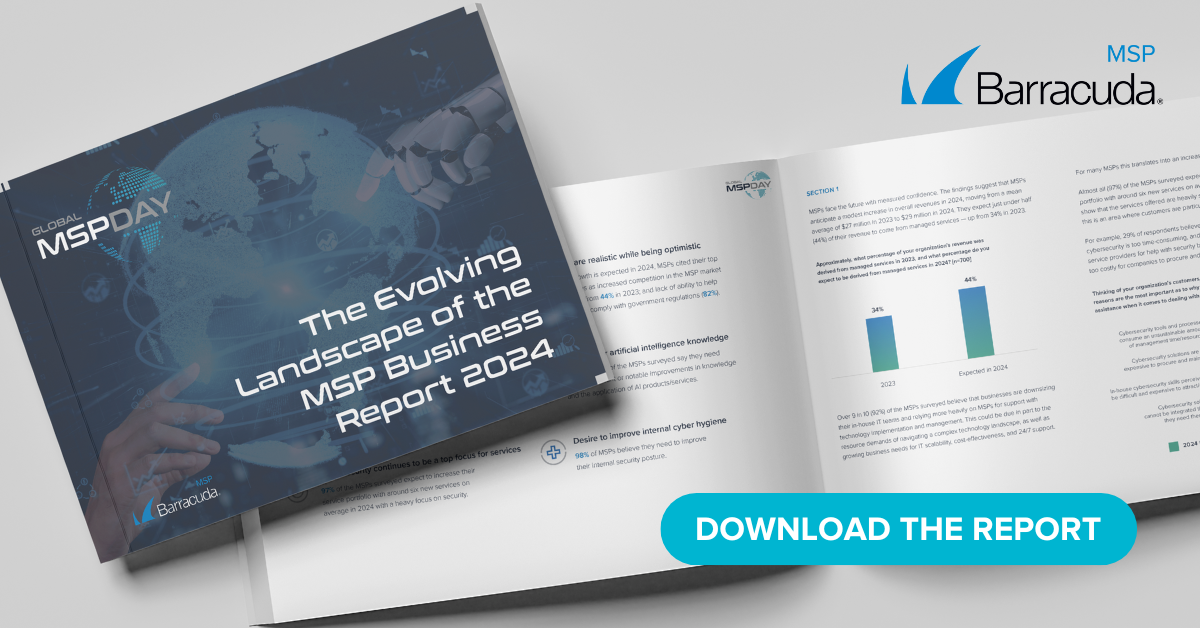 Now that VMware has made the first instance of its software stack available on the Amazon Web Services (AWS) public cloud managed service providers (MSPs) that have been generating revenue by migrating application workloads from on-premises environments to AWS clouds based on a derivative of open source Xen virtual machines will have to make some adjustments.
Now that VMware has made the first instance of its software stack available on the Amazon Web Services (AWS) public cloud managed service providers (MSPs) that have been generating revenue by migrating application workloads from on-premises environments to AWS clouds based on a derivative of open source Xen virtual machines will have to make some adjustments.
VMware Cloud on AWS consists of the software stack developed by VMware hosted on bare-metal servers hosted multiple AWS regions. The initial instance of VMware Cloud on AWS is only available in the U.S. West region, hosted in Portland, Oregon. Over the next year and half VMware is promising to make VMware Cloud on AWS globally available. The next instance on which VMware Cloud on AWS will be available is AWS East Coast.
How this impacts the industry
The first impact MSPs should expect to see is a significant increase in the number of application workloads running in AWS. Many IT organizations have resisted moving existing application workloads because of the cost of converting them to run on one virtual machine versus another. As that becomes less of an issue for VMware customers using VMware Cloud on AWS the level of friction involved in migrating application workload should drop. As that friction gets removed more IT organizations running VMware are likely to employ a public cloud. As AWS CEO Andy Jassey noted this week during a presentation at the VMworld 2017 conference, customers had previously been forced to make a stark choice between VMware and AWS. The issue many MSPs will have to come to terms with is either a reduction or potential flattening of the number of IT organizations looks to convert applications to run on a different virtual machine because workloads can now seamlessly migrate to AWS.
MSPs will also need to get used to the idea that all the software updates to VMware Cloud on AWS will be managed by VMware. MSPs can still manage workloads on VMware Cloud for AWS. But instead of having responsibility for managing update to various version of the VMware stack running in a hosted data center or local on-premises environment, the management of the VMware stack is now managed by VMware. That approach could cut into the revenues MSPs generate today for managing VMware environments.
Finally, VMware this week unfurled a suite of SaaS applications that provide customers with access to services such as cost analysis for a monthly fee that many MSPs provided as part of a consulting engagement.
The future of VMware
Since the launch of VMware Cloud Foundation offering that combine virtual server, storage and networking technologies in a single offering it’s clear VMware wants to manage its stacks by running on both multiple public clouds, as well as in a local data center. Ross Brown, senior vice president for strategic corporate alliances for VMware, says VMware today has over 4,400 MSP partners. Brown says most of the partners add value above and beyond simply managing the life-cycle of VMware software. Going forward Brown says VMware will be concentrating on how to wrap specific classes of workloads in a way that make it easy to deploy them on VMware Cloud Foundation. In fact, Brown says over the next few years VMware partners need to move past connecting things and focus on modeling, migrating, and managing applications. In many cases, Brown says partners will need to also develop application development skills. It may take a while for MSPs to master all those capabilities. But, at this point it’s apparent that for those MSPs that plan to still be around in a few years it’s now a question of when, rather if they will.
Photo Credit: Losonsky / Shutterstock.
